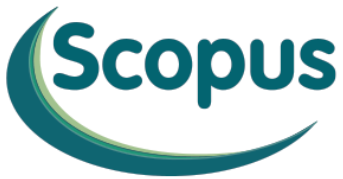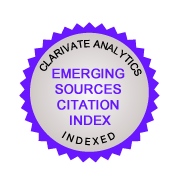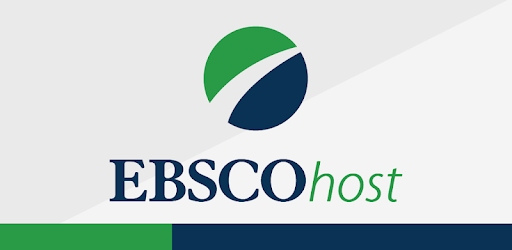PERSONAL BEST GOALS: DO THEY MEDIATE THE RELATIONSHIP BETWEEN TEACHER AUTONOMY SUPPORT AND STUDENT ENGAGEMENT?
DOI:
https://doi.org/10.32890/mjli2020.17.1.2Keywords:
autonomy support, personal best (PB) goals, student engagement, higher educationAbstract
Purpose ˗ The role of teacher autonomy support (TAS) is central to students’ engagement. However, there is a scarcity of empirical evidence on the mediating role of personal best (PB) goals between autonomy support and student engagement. Hence, in this research we examined the extent to which TAS could impact cognitive, behavioural and emotional engagement with the mediating role of PB goals among undergraduate students. Methodology ˗ A cross-sectional research design was applied. A total of 266 undergraduate students from a large government university located in northern Malaysia participated in this research. The Learning Climate Questionnaire (LCQ) and the Personal Best Scale were used to measure the students’ perception of TAS and their PB goals respectively, while the Engagement Versus Disaffection with Learning measurement scale and the Metacognitive Strategies Questionnaire were used to collect data on cognitive, behavioural and emotional engagement. Structural Equation Modelling using AMOS 23 was adopted to test the hypothesized relationships. Findings ˗ The results of the study support our postulated model, showing that TAS is related with student engagement aspects through the full mediating role of PB goals. Significance ˗ These results augment the present understanding of the self-determination theory motivation mediation model by highlighting that creating a conducive learning environment that facilitates self-determined behaviours among students will nurture PB goals and enhance engagement, which will be beneficial for teaching and learning processes in education.Metrics
Metrics Loading ...
Additional Files
Published
31-01-2020
How to Cite
Benlahcene, A., Awang-Hashim, R., & Kaur, A. (2020). PERSONAL BEST GOALS: DO THEY MEDIATE THE RELATIONSHIP BETWEEN TEACHER AUTONOMY SUPPORT AND STUDENT ENGAGEMENT?. Malaysian Journal of Learning and Instruction, 17(1), 25–49. https://doi.org/10.32890/mjli2020.17.1.2
Issue
Section
Articles




























